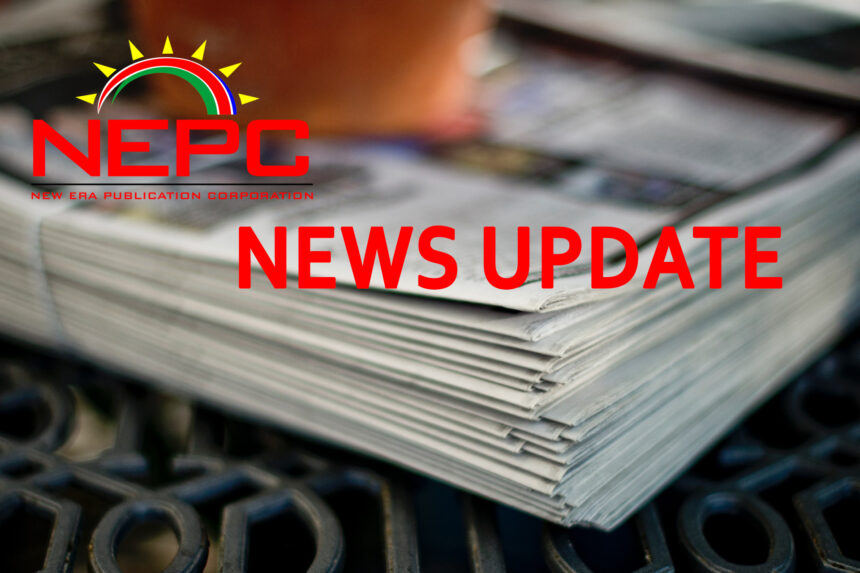Staff Reporter
#MedSafetyWeek is an international social media campaign organised every year by the Uppsala Monitoring Centre (UMC), a World Health Organisation collaborating centre for international drug monitoring, to raise awareness of adverse drug reactions or events and national reporting systems of these events. An ADR is a harmful, unpleasant, and unintended response to a medicine that occurred at a normal dose when it was used to diagnose, prevent or treat a disease. Every year, the UMC teams up with medicine regulatory authorities and national pharmacovigilance centres across the world, including the Therapeutic Information and Pharmacovigilance Centre (TIPC) under the Namibia Medicines Regulatory Council (NMRC) secretariat to promote medicine safety awareness. For one week each year, medicine regulators across the globe simultaneously share campaign materials on their social media channels, with the hashtag #MedSafetyWeek.
This year, the campaign will be running from 7 to 13 November 2022, under the theme: ‘How Patients and Healthcare Professionals Make Safety Work’. Namibia will join other medicine regulators from 81 countries in the campaign with a focus on highlighting the key role of every healthcare professional, patient, and caregiver who reports a suspected adverse event and contributing to using medicines safely.
There is a continuous need to monitor the safety of medicines during their market use because of their potential to cause ADRs in some patients at different stages of use. One of the main reasons for continuous monitoring is the limitation with clinical trials that investigate the safety and efficacy of medicines. This is because, although clinical trials generate acceptable evidence of safety and efficacy before a medicine is placed on the market, they have limitations in that they do not usually include sufficient patients to identify uncommon or rare adverse reactions; some populations (e.g. women, ethnic minorities) may be under-represented amongst others. Post-marketing safety monitoring therefore aids in acquiring additional information of known side effects from clinical trials and detecting new events previously unidentified. The data collected by the regulators such as medicine regulatory authorities is assessed and analysed for new trends in frequency or severity of these events amongst others and to guide decisions in order to ensure safe use and prevent harm to patients. The NMRC relies on reporting of ADRs by healthcare professionals and patients (via their healthcare providers or directly) to make sure medicines on the market are acceptably safe. Thus, every report forwarded to the TIPC counts to help improve the safety of medicines for all patients.
As part of providing awareness on medicine safety reporting, the TIPC will be engaging various stakeholders including healthcare professionals to participate. Some of the activities include a live panel discussion on TV and radio where the general public can also contribute and ask questions.
Patients are encouraged to report ADRs to their healthcare professionals, and healthcare professionals can report the ADRs using the safety yellow form to TIPC through Info.TIPC@mhss.gov.na. Patients and/or healthcare professionals can also report directly to TIPC via e-Reporting by scanning the QR code or following the link: https://primaryreporting.who-umc.org/NA



